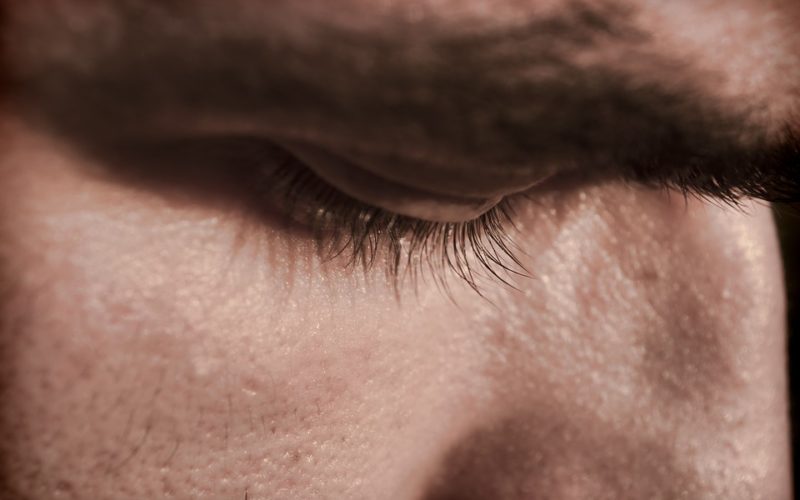The human body relies heavily on sensory inputs to maintain balance, especially during dynamic activities like running. When these senses are impaired, the risk of losing balance increases significantly.
Two of the most critical senses for maintaining stability are hearing and eyesight. These senses work together to provide essential feedback to the brain about the position and movement of the head and body in space. When either, or both, are compromised, it can lead to difficulties in maintaining equilibrium.
A better balance
Impaired hearing is one of the common sensory challenges that can affect balance. The inner ear, specifically the vestibular system, plays a crucial role in balance and spatial orientation. Hearing loss or other auditory issues can disrupt the normal function of the vestibular system.
For example, a blockage in the ear canal, which might require ear syringing to clear, can lead to temporary disturbances in balance. Manchester Audiologists are specialists who can assess hearing problems and offer treatments such as ear syringing to remove excessive earwax. Once the blockage is removed, it often results in improved hearing and, consequently, better balance.
Trips and falls
Eyesight is equally important for maintaining balance during running. Visual input helps the brain understand the surrounding environment and the position of obstacles that the body needs to navigate. Impaired vision can lead to an increased risk of trips and falls, as the brain receives incomplete information about obstacles and terrain changes.
Running with compromised eyesight requires more conscious effort to maintain balance, which can lead to quicker fatigue and potential overexertion. Glasses or contact lenses can correct many visual impairments, but they are not fool-proof, especially in changing environments.
Visual cues
Furthermore, the interplay between vision and hearing is vital in dynamic balance. Auditory clues, like the sound of an approaching vehicle or footsteps, can alert a runner to potential hazards even before they are visually perceived. Similarly, seeing visual cues can help the brain compensate for an auditory impairment. When both senses are impaired, it becomes increasingly challenging for the body to navigate safely and effectively, particularly in complex environments.
A relatively simple procedure
The need for ear syringing Manchester arises when there's a build-up of earwax that cannot be removed naturally or by simple means. Excessive earwax can not only affect hearing but also the pressure balance within the ear. Cheadle ear syringing is a relatively simple procedure performed by healthcare professionals, including audiologists, to restore normal auditory function. Restoring hearing clarity can have a profound effect on balance, especially during physically demanding activities like running.
Routine health checks
Maintaining balance while running is a complex process that heavily relies on the clarity of both hearing and sight. Impaired senses can drastically alter one's ability to stay upright and navigate safely. Seeking regular evaluations from audiologists can and should be part of routine health checks, particularly if one experiences hearing loss or balance issues.
Similarly, routine vision tests help ensure that any changes in eyesight are swiftly corrected, minimising their impact on balance and enhancing overall safety. Recognising the intricacy of sensory contributions to balance highlights the importance of addressing any impairments promptly and effectively.








